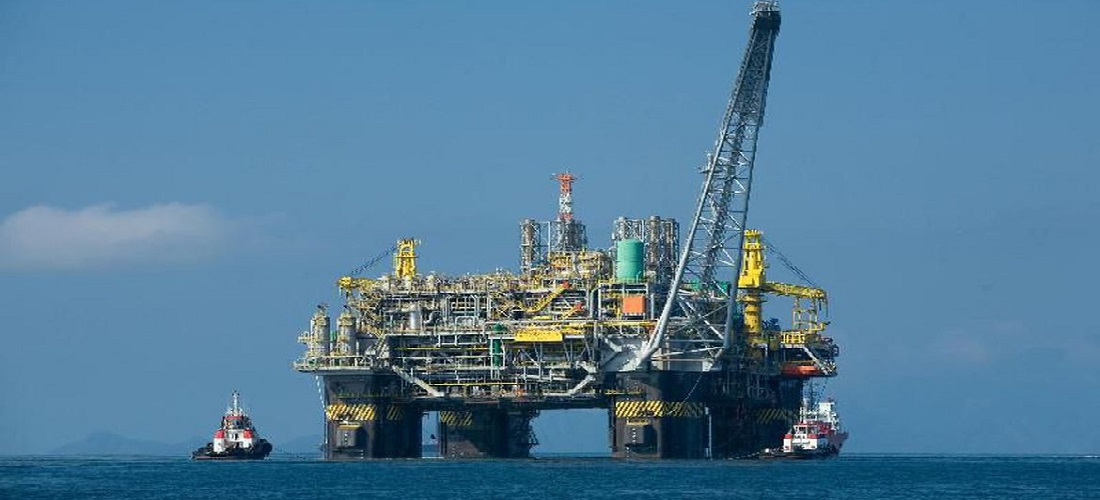
Rising oil production continues to boost Brazil’s export momentum
Aug, 14, 2023 Posted by Gabriel MalheirosWeek 202334
The surge in oil production has propelled this commodity to the forefront of Brazil’s export portfolio, and this trend shows no signs of abating. Anticipated to persist, this growth is poised to contribute significantly to robust outcomes in the country’s foreign trade.
In practical terms, if such predictions come to fruition, oil trade will translate into increased dollar inflows for Brazil and enhanced revenue streams for oil-producing states through royalties.
Last year, crude oil exports soared to a record value of US$42.5 billion, constituting 12.7% of Brazil’s total exports. Notably, it stood as the second most significant item traded, trailing only behind soybeans (US$46.5 billion).
“In recent years, Brazil has grown its oil output and should continue doing so in the near future,” notes José Augusto de Castro, Executive President of the Brazilian Foreign Trade Association (AEB). “As production increases, and if prices remain relatively stable, we anticipate oil to hold a larger share of the Brazilian export basket.”
In terms of volume, oil exports increased by 1.7% in 2022 YoY, reaching 68.7 million tonnes.
Adriano Pires, Director of the Brazilian Infrastructure Center (CBIE), affirms, “I would argue that the oil sector will become an increasingly vital contributor to the performance of Brazil’s trade balance going forward.”
From January to July this year, exports totaled US$22.3 billion, slightly below the same period in 2022 (US$23.1 billion). Castro explains, “This decline was within expectations due to the decrease in oil prices.”
Shifting Dynamics
In 2022, Brazil solidified its position as the ninth-largest oil producer in the world while securing a spot among the top ten exporters.
This surge in production can be attributed, in part, to the extraction of oil from the pre-salt reserves and the uptick in oil prices witnessed over the past decades, rendering exploration economically viable and appealing. Whereas a barrel priced around US$20 in the 80s and 90s, today it consistently hovers above US$85.
Accounting for roughly 75% of total production, the pre-salt reserves offer an additional advantage: their low operating costs make production enticing even during price downturns. Economist and Partner at Tendências Consultoria, Walter de Vitto, explains, “Companies prioritize investments in areas that are resilient to price fluctuations. High prices are great, but they keep being profitable even during dwindling times.”
Between 2002 and 2022, oil production surged from nearly 1.5 million barrels per day to 3.1 million barrels, as per Tendências consultancy. Projections indicate this figure could rise to 3.9 million barrels by 2027. The expectation is for this growth trajectory to persist through the end of the decade, at which point pre-salt extraction might gradually lose its dominance.
Turning to exports is a logical step, given that Brazil’s refining capacity remained relatively stagnant at slightly over 2 million barrels per day over the past decade. Presently, Brazil is technically self-sufficient in oil production, prompting any production increases to translate into exports.
“The country has committed to ramping up oil production, and under steady conditions, this would naturally lead to increased exports,” emphasizes de Vitto. “The potential hurdle to this process could be a substantial rise in refining capacity, as exporting oil and consuming it domestically would be at odds.”
Source: O Estado de S. Paulo
To read the original news report, please visit: https://www.estadao.com.br/economia/producao-de-petroleo-em-alta-consolida-brasil-entre-grandes-exportadores-e-turbina-balanca-comercial/
-
Shipping
Mar, 31, 2023
0
Cosco reports $19 billion profit for 2022, but outlook darkens
-
Dec, 31, 2021
0
Maersk’s Acquisition Of LF Logistics Is Said to Be ‘Significant Milestone’
-
Ports and Terminals
Oct, 17, 2019
0
Codeba announces investment for Port of Aratu and study for explorations at Port of Ilhéus
-
Ports and Terminals
Jun, 14, 2023
0
Producers look for cost-saving alternatives in the Port of Salvador

